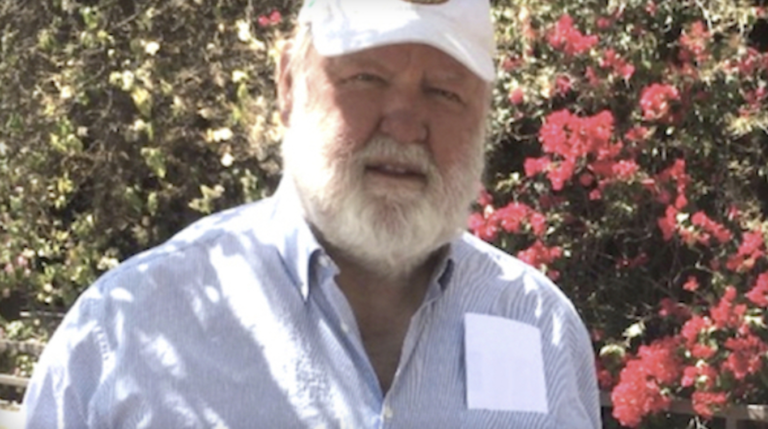PITTSBURGH — The Pittsburgh Post-Gazette, the city’s largest newspaper, published an editorial Thursday calling for state intervention to “shield kids from online porn.”
The Pittsburgh Post-Gazette editorial board asked the Pennsylvania government to “join several other states — states with both Republican and Democratic leadership — to require internet porn companies to verify the age of those who access their content.”
The editorial also called for an eventual federal policy to target adult content, urging the U.S. to “join other nations in adopting a uniform national strategy for youth online safety.”
The editorial board’s call for government-imposed, content-based speech restrictions bears the sensationalizing title “State Must Shield Kids From Online Porn.”
The editorialists make the now familiar analogy that watching adult online content — however it is defined — is equivalent to ingesting alcohol or inhaling tobacco smoke, a debunked argument popular with religiously-inspired “porn addiction” proponents.
In those cases, the Pittsburgh Post-Gazette adds, “the state helps parents through the teaching — and punishing — force of the law by imposing minimum ages and banning certain kinds of advertising.”
These regulatory laws, they continue, “recognize parents aren’t just up against the strong wills of their children, but multinational corporations that see their children as potential — and potentially very loyal and lucrative — customers. These laws are not moral judgments about the substances themselves, but about their safety and appropriateness for still-developing minds and bodies.”
The editorialists then refer to unspecified “studies” supposedly showing that “early exposure to porn is associated with regressive attitudes toward gender roles; early sexual experimentation and aggression; poorer mental health; and dangerously unrealistic views of sex and sexuality.”
The paper provides as — entirely anecdotal — evidence for their case for state censorship “the everyday experience of anyone who works with today’s teenagers.”
The editorial also appeals to unspecified “evidence” — echoing myths largely spread by online incel communities — supposedly showing that “the ubiquity of porn is related to an unprecedented rise in sexual dysfunction among young men, who become trained to respond to the unreality of porn and struggle to respond to a real partner.”
The editorial then goes on to endorse the copycat anti-porn legislation mandating age verification first introduced in Lousiana by a religious therapist and legislator, and then mimicked in Arkansas, Montana, Mississippi, Utah, Virginia and Texas.
As XBIZ reported, the Texas law — which also mandated that adult websites should post “Health Warnings” repeating anti-porn propaganda — was blocked by a court injunction before it was due to be implemented Sept. 1, over serious issues with its constitutionality, after a lawsuit brought by FSC and adult businesses and creators.


